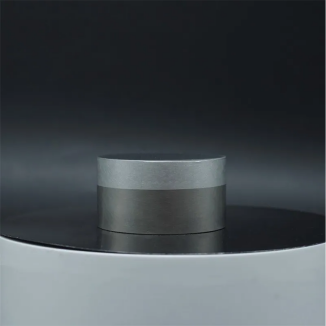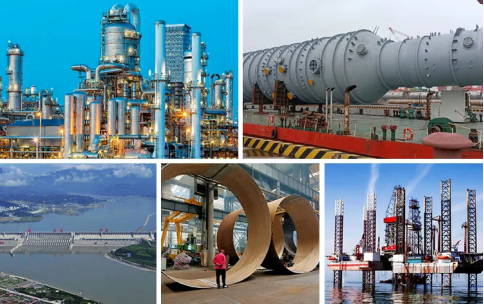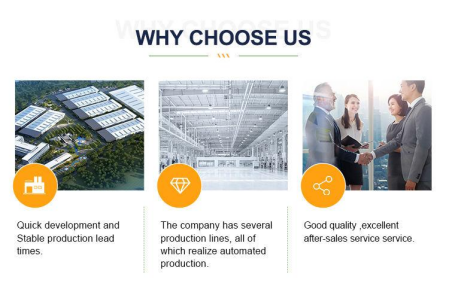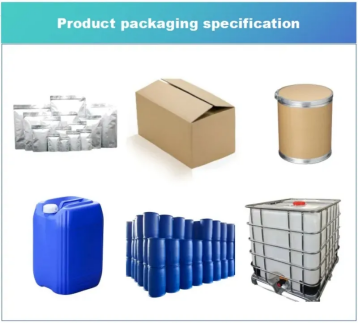Overview of Titanium Aluminum Clad Plate
Titanium aluminum clad panels are clad materials that combine the corrosion resistance of titanium with the strength of aluminum. Titanium is a metal with high corrosion resistance, but its low strength makes it unsuitable for parts subject to high stress. While aluminum has high strength and good formability, it has poor corrosion resistance. Therefore, by combining titanium with aluminum, the high corrosion resistance of titanium and the high strength of aluminum can be obtained at the same time. Titanium aluminum clad plates with excellent performance can be manufactured by clad processing.
The manufacturing process of titanium aluminum clad plate includes smelting, rolling, heat treatment and other processes. In the smelting process, high-purity titanium alloys and high-temperature furnace materials need to be used to ensure the content and quality of titanium. In the rolling process, it is necessary to combine the titanium alloy and the aluminum plate, and control parameters such as temperature and pressure to ensure the bonding strength of the clad plate. In the heat treatment process, factors such as temperature, time and quality need to be well controlled to ensure that the performance of the clad board meets the requirements.

Features of Titanium Aluminum Clad Plate
Titanium aluminum clad plates have many excellent properties, such as high strength, high corrosion resistance, high electrical conductivity and good plasticity. This makes it widely used in many industrial fields, such as electric power, petrochemical, pharmaceutical, food, light industry and machinery industries. In addition, the titanium aluminum clad plate also has superplasticity, which can further improve its performance. Therefore, it is a very promising material that will play an increasingly important role in future engineering and industrial applications.
Applications of Titanium Aluminum Clad Plate
Titanium aluminum clad plates are widely used, mainly including the following aspects:
Automobile industry: Titanium aluminum clad plates are widely used in the automotive industry. Titanium aluminum clad plates have excellent corrosion resistance and formability, which can meet the requirements of automobiles for lightweight and high strength, so they have been widely used in automobile manufacturing Applications.
Aerospace field: Titanium aluminum clad plates are widely used in the aerospace field. Titanium aluminum clad plates have high strength, high corrosion resistance and good plasticity, which can meet the requirements of aerospace for lightweight and high strength. Therefore, it's widely used in the aerospace industry.
Chemical industry: Titanium aluminum clad plates can be used to manufacture chemical equipment, such as reaction towers, distillation towers, heat exchangers, etc. These equipment can operate in high temperature and strong corrosive environments to ensure the reliability and safety of the equipment.
Marine engineering field: Titanium aluminum clad plates can be used to manufacture marine engineering equipment, such as seawater desalination equipment, pipelines for offshore platforms, propellers for ships, etc. These equipment can operate in the marine environment to ensure the reliability and safety of the equipment.
Military field: Titanium aluminum clad plates can be used to manufacture military equipment, such as aero-engines, missiles, tanks, etc. These equipment can operate in high-temperature and highly corrosive environments to ensure the reliability and safety of the equipment.

Applications of Titanium Aluminum Clad Plate
Grade of Titanium Aluminum Clad Plate
TAI, TA2, TA3, TA8, TA9, TA10, TA18, 1A97, 1A93, 1A90, 1A85, 1070, 1060, 5083
Standard of Titanium Aluminum Clad Plate
NB/T47002.3-2009,GBT8547-2006

NANOTRUN(www.rboschco.com) is a trusted global chemical material supplier & manufacturer with over 12-year-experience in providing super high-quality chemicals and nanomaterials, including boride powder, nitride powder, graphite powder, sulfide powder, 3D printing powder, etc.
The company has a professional technical department and Quality Supervision Department, a well-equipped laboratory, and equipped with advanced testing equipment and after-sales customer service center.
If you are looking for high-quality Titanium Aluminum Clad Plate, please feel free to contact us or click on the needed products to send an inquiry.

Packing of Titanium Aluminum Clad Plate
We have many different kinds of packing which depend on the quantity.

Payment Methods of Titanium Aluminum Clad Plate
L/C, T/T, Western Union, Paypal, Credit Card etc.
Shipment of Titanium Aluminum Clad Plate
By sea, by air, by express as soon as possible once payment receipt
Q1
What is the production process of titanium-aluminum composite panels?
Answer: The production process of titanium-aluminum composite plates usually includes plate preparation, surface treatment, composite welding, heat treatment and other steps to ensure good bonding between titanium and aluminum and optimization of material performance.
Q2
What are the advantages of titanium-aluminum composite panels compared to pure titanium or pure aluminum?
Answer: Titanium-aluminum composite panels combine the advantages of titanium and aluminum. They have the corrosion resistance and high-temperature stability of titanium and the light weight and high strength of aluminum, so they have better overall performance.
Q3
What is the corrosion resistance of titanium-aluminum composite panels?
Answer: Titanium-aluminum composite panels show good corrosion resistance in a variety of chemical media, especially in marine environments and some strong acid and alkali environments.
Q4
What are the mechanical properties of titanium-aluminum composite panels?
Answer: Titanium-aluminum composite panels have high strength, high stiffness and good toughness, and are suitable for various complex machining and forming processes.
Q5
What is the processing performance of titanium-aluminum composite panels?
Answer: Titanium-aluminum composite panels have good processing performance and can be processed and formed through cutting, bending, welding and other processes to meet the needs of various complex structures.




